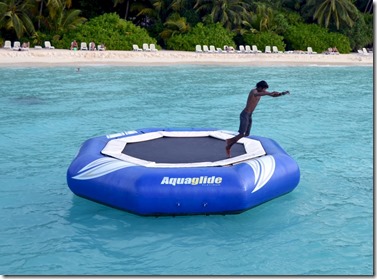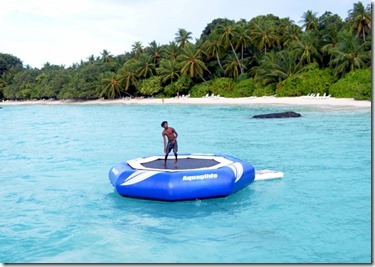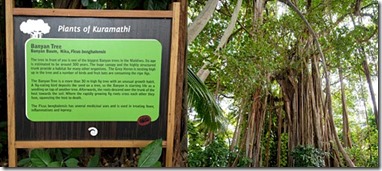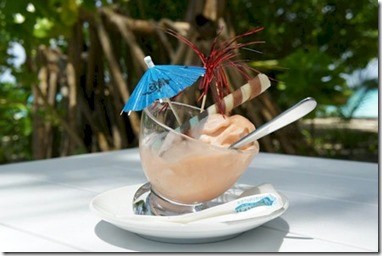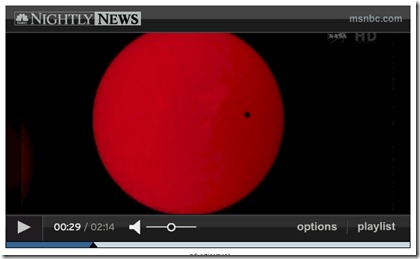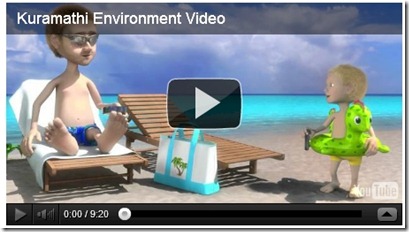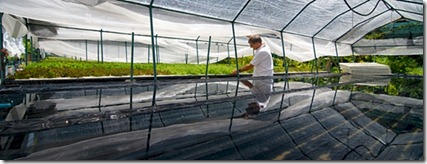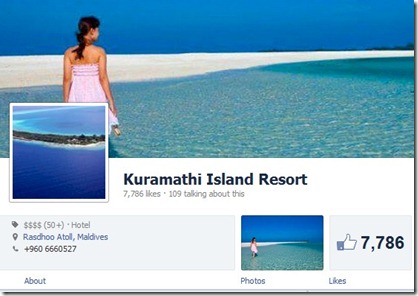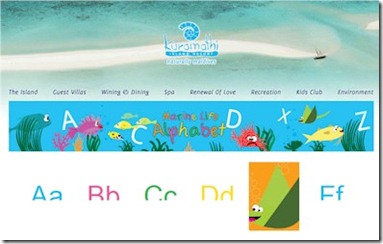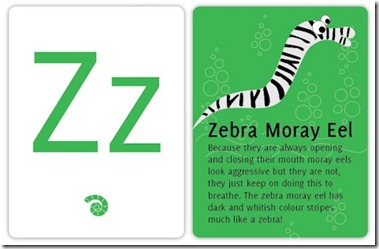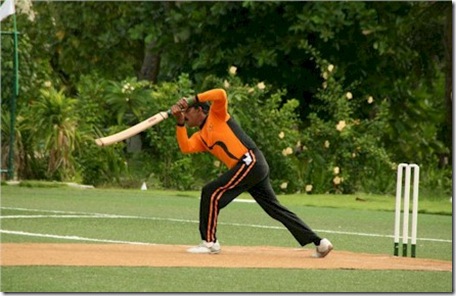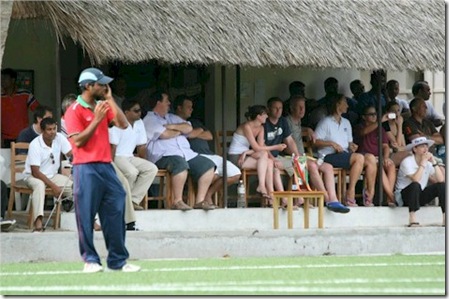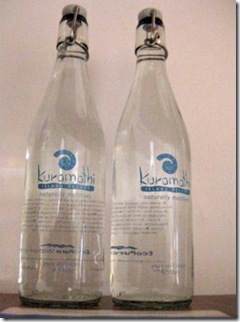
If you prefer to imbibe rather than immerse in Maldivian aqueous refreshment, then Kuramathi has developed the tipple for you…
“Kuramathi Water. This clean, potable water made on the island emanates from a Classic Crystal purification system, ensuring the highest levels of quality and standards. The finished product is a glass bottle containing fresh drinking water. The bottle comes in two sizes, 500ml and 1 litre, and is a complimentary amenity for guests staying on Full Board. The bottles are also replenished from the guest’s stock every day. Reusing glass bottles is a milestone for Kuramathi, making our carbon footprint smaller as it would save the usage of about 300,000 plastic bottles discarded every year. To provide our guests with a memoir of Kuramathi, the bottles will be sold at the bars for very reasonable prices. One other interesting aspect about this water is that they are bottled in two forms; as still and sparkling waters.”
Perfectly timed launch coinciding with the Maldives’ ‘Always Natural’ campaign.
Among the old-timer Maldives aficionados, there is a bit of nostalgia for the ‘no shoes, no news’ simplicity of old school Maldivian simple paradise. One of the details of that nearly by-gone era that my wife Lori and I miss are the battered ‘re-used’ soda bottles. With the ecological mantra of “Reduce-Reuse-Recycle”, the re-used bottles were actually more environmentally progressive than the current practice of recycling. They had a sea-glass charm covered with the patina of many quenched thirsts. They also had sturdy heft to them for durability, but also making drinking from the bottle like holding a sculpted glass mug. But, Kuramathi now takes it a reuse a step further adding locally produced beverage.

